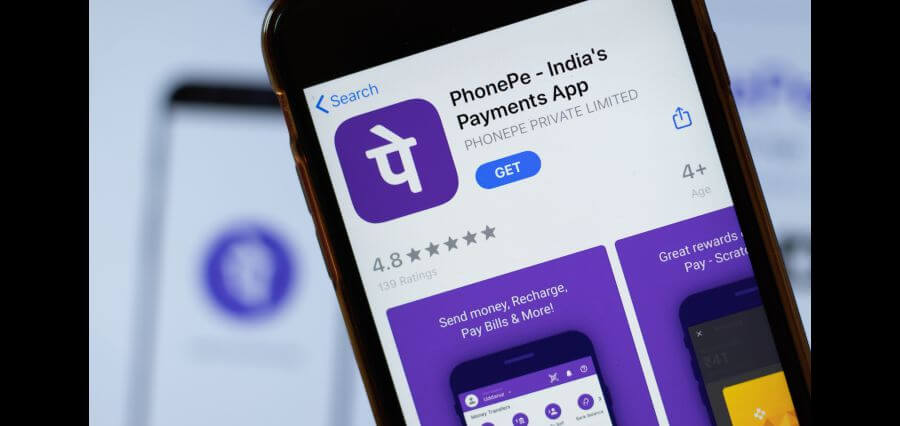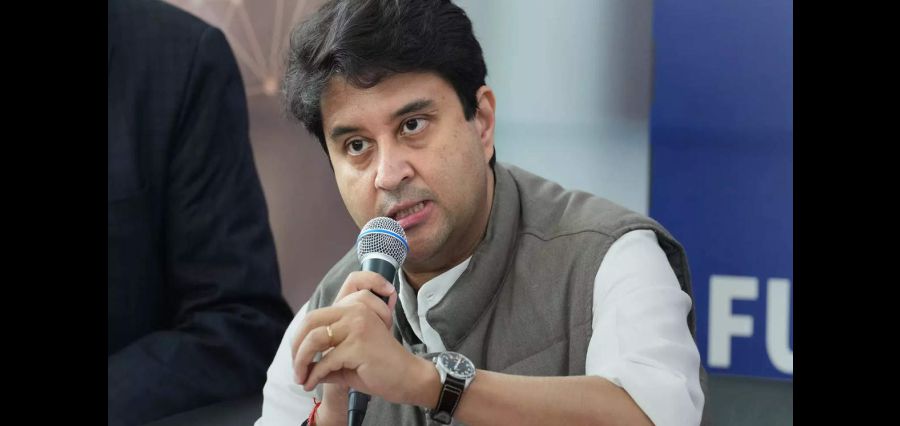“At the Monetary Policy Committee announcement, RBI Governor Shaktikanta Das proposed adopting a principle-based framework for the authentication of digital payment transactions to facilitate the use of such mechanisms for digital security,” stated Das.
He stated that detailed instructions for implementing the framework would be issued separately. On February 8, the Reserve Bank of India (RBI) introduced a framework for authenticating digital payment transactions.
Das emphasized that while the RBI has not prescribed any specific Additional Factor of Authentication (AFA), the payments ecosystem has predominantly embraced SMS-based One-Time Password (OTP). He also mentioned that instructions regarding the framework would be issued separately.
Governor Das also announced that the central bank has expanded the mandate for key fact statements to include all retail and medium, small, and micro enterprises (MSME) loans. He explained that certain categories of lenders are now required to furnish borrowers with key fact statements, which outline details of transaction fees and interest rates. This extension now encompasses all retail and MSME loans.
Governor Das mentioned that this step will improve transparency and empower customers to make informed decisions. “A circular will be issued separately as banks will require time to make necessary preparations,” he added.
The Monetary Policy Committee of the Reserve Bank of India has opted to maintain the policy repo rate at 6.5%
In its final meeting of FY24, the six-member monetary policy committee voted 5:1 to maintain the repo rate at 6.50 percent, as retail inflation persists above the 4 percent target. The majority decision of five out of six members also prioritized the withdrawal of accommodation to steer inflation towards the target while bolstering growth.





